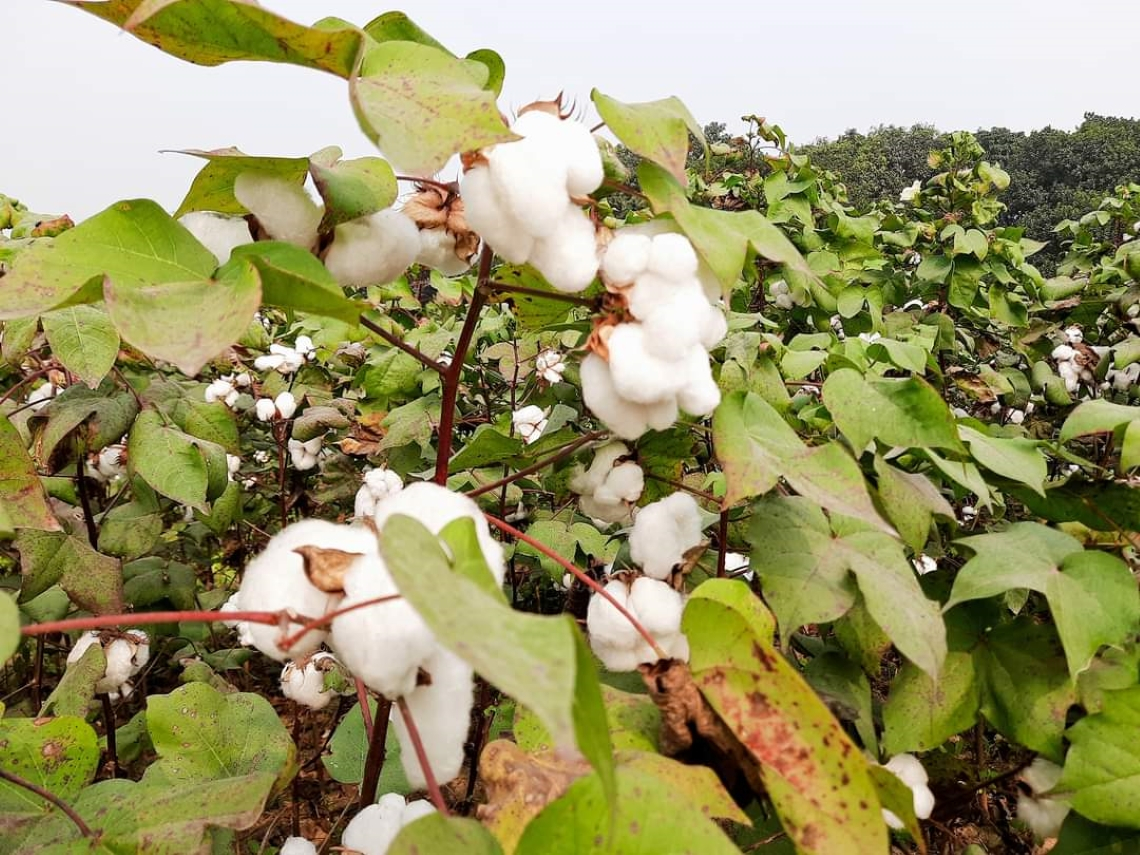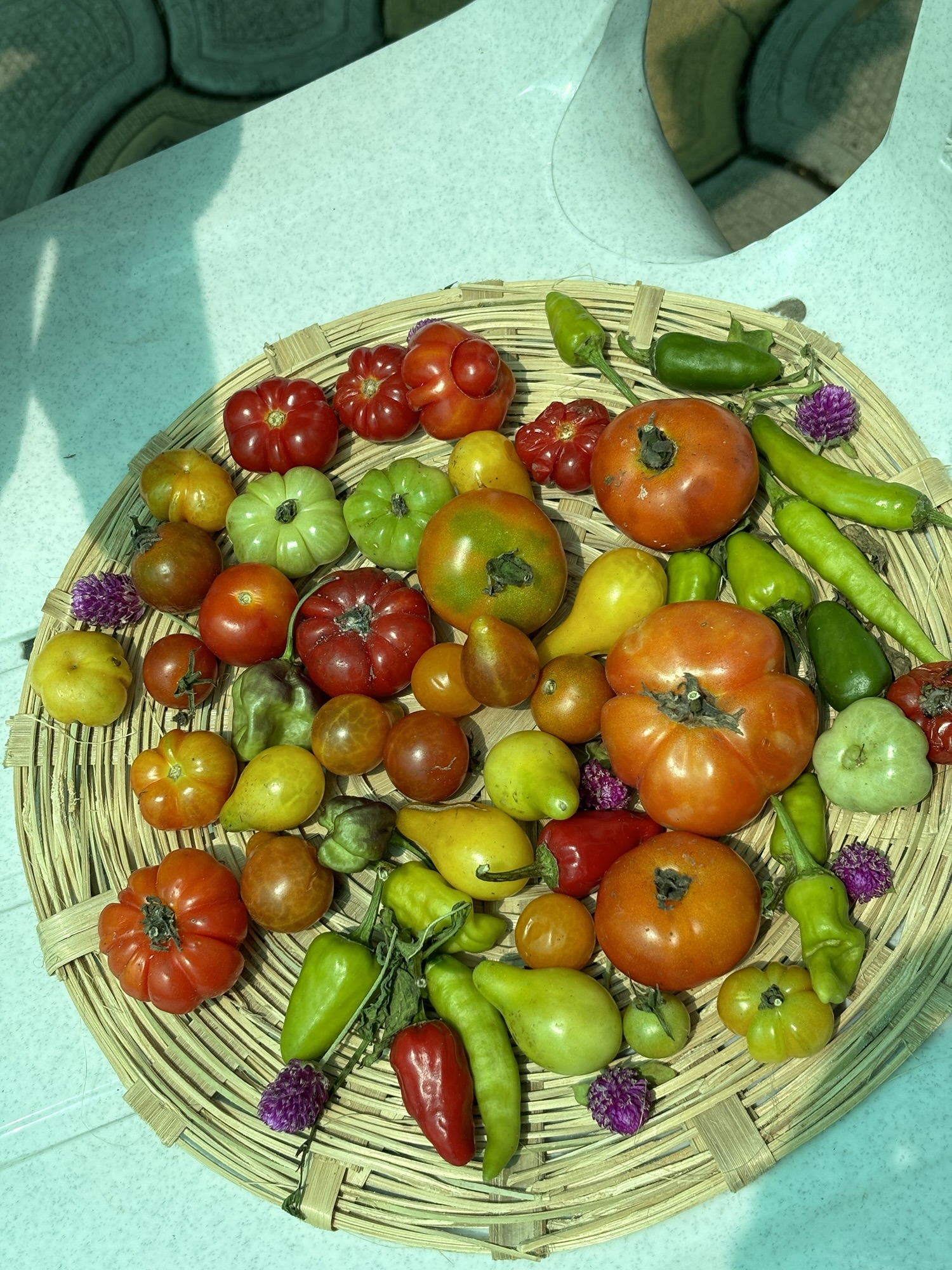In India, banned herbicide-tolerant genetically modified (HTBt) cotton seeds are gaining popularity. These seeds now make up about 15% of the country’s ₹3,600 crore cotton seed market. Farmers are turning to these seeds to reduce labour costs. They can spray herbicides to kill weeds, saving time and money. This trend is concerning for the government and environmentalists. The seeds are illegal due to health and environmental risks. Yet, they are being sold openly in markets. Many farmers prefer these seeds for their effectiveness.
Despite the ban, around 7.5 million packets of HTBt cotton seeds were sold last year. This illegal trade has created a parallel market worth ₹600 crore. Industry groups are urging the government to allow testing of these seeds. They argue that the illegal seeds hurt cotton yields, leading to increased imports of cotton.
Over 90% of cotton grown in India is genetically modified. However, the addition of herbicide-tolerant traits is stuck in regulatory issues. Farmers are frustrated with the situation. They are keen to use these seeds for better yields. The Shetkari Sangathan, a farmers’ group, has been vocal about legalising HTBt cotton. They have protested by planting these seeds openly, challenging the authorities.
The farmers’ desire for these seeds is due to their resistance to glyphosate, a popular weed killer. This allows farmers to manage weeds more efficiently. In regions like Vidarbha, farmers are willing to take risks to get these seeds. They believe this choice will help them cope with the shortage of farm workers. Many are tired of manual weeding, which is time-consuming and costly.
The illegal seeds come mainly from Gujarat and Telangana. Black market operators have improved the quality of these seeds. Farmers have previously been cheated with fake seeds. However, they now find that the smuggled seeds are of better quality than before.
The government has not yet approved HTBt seeds for use. The company that introduced them stopped trials over ten years ago. Environmental and health concerns remain a significant barrier. Despite this, the demand continues to grow, and the illegal trade thrives.
As the sowing season approaches, the issue is becoming more urgent. Farmers are anxious to plant their crops and reduce costs. The ongoing debate about the safety and legality of these seeds adds to their worries. Many feel they have no choice but to use these seeds to survive in a challenging agricultural environment.
The lack of clear regulations on genetically modified crops is causing confusion. Farmers are caught between wanting to improve their yields and following the law. The situation calls for urgent government action. Legalising HTBt cotton could help farmers and the economy. However, it must be done while ensuring safety for health and the environment. The coming months will be crucial for the future of cotton farming in India. The government must address the farmers’ needs while considering the risks involved. This situation highlights the complex relationship between agricultural innovation and regulation in India. Farmers are eager for solutions that allow them to thrive in a changing market.





